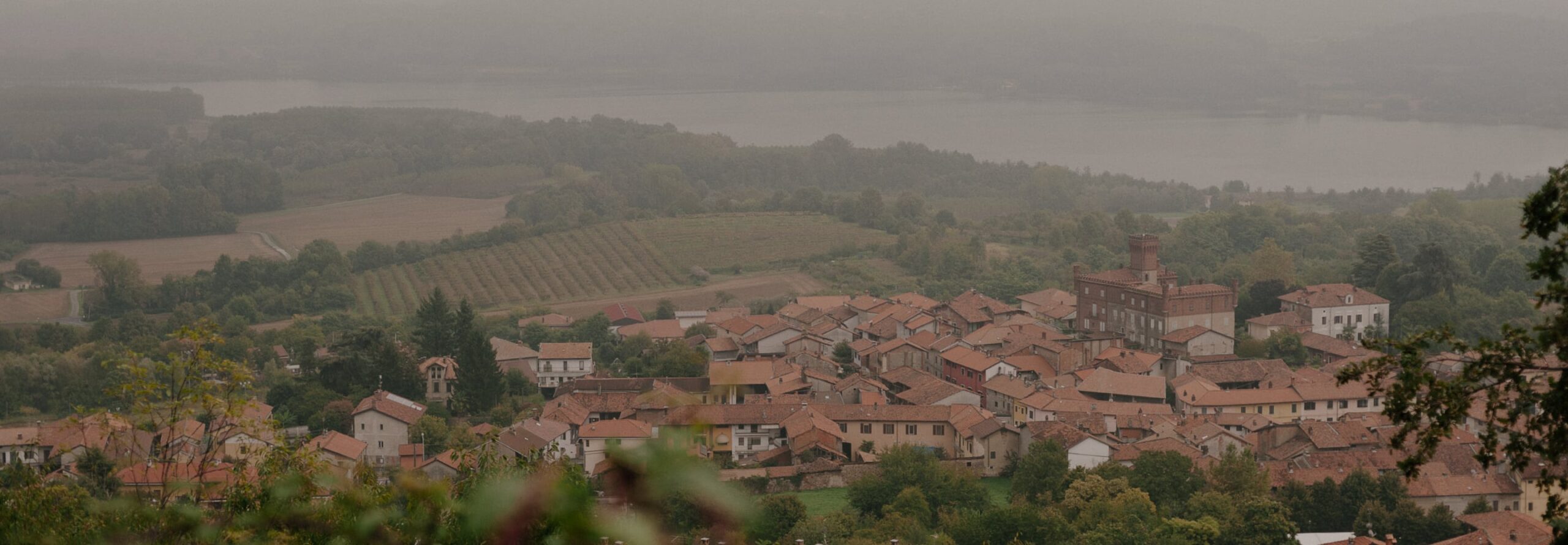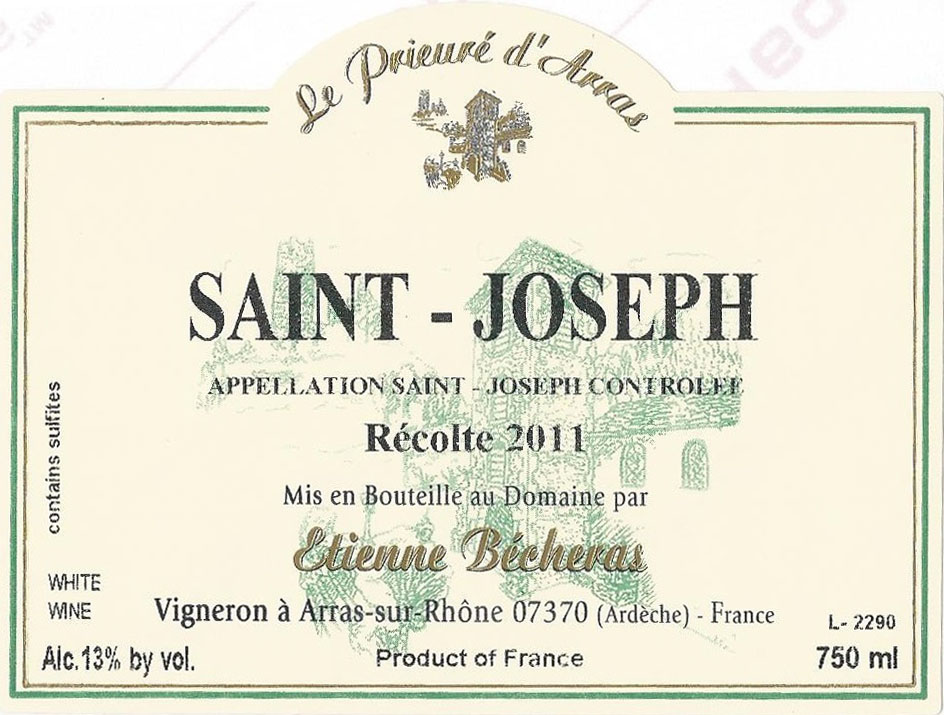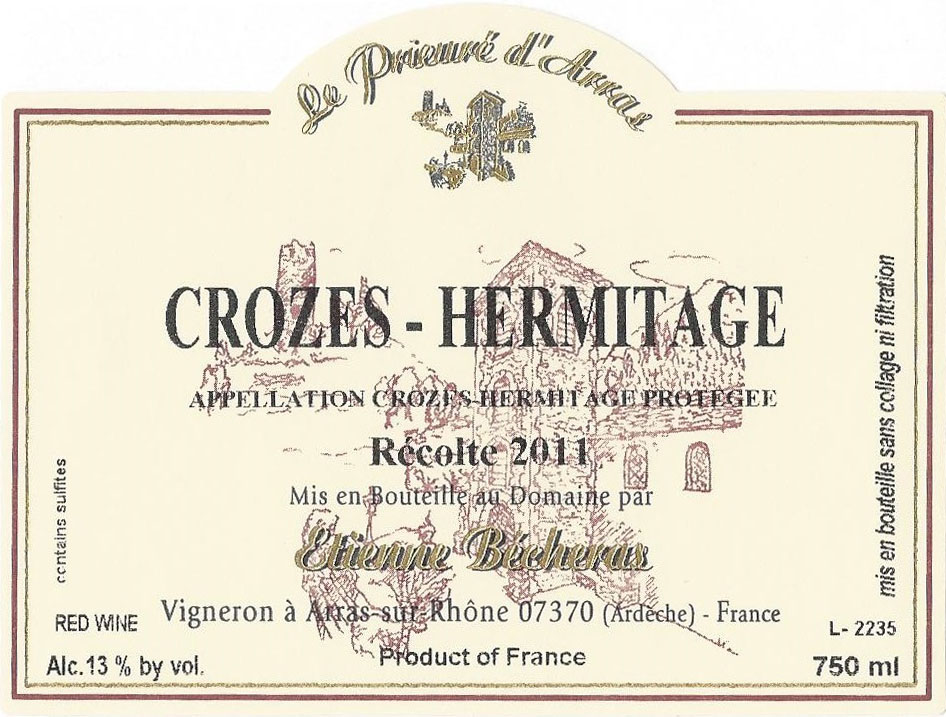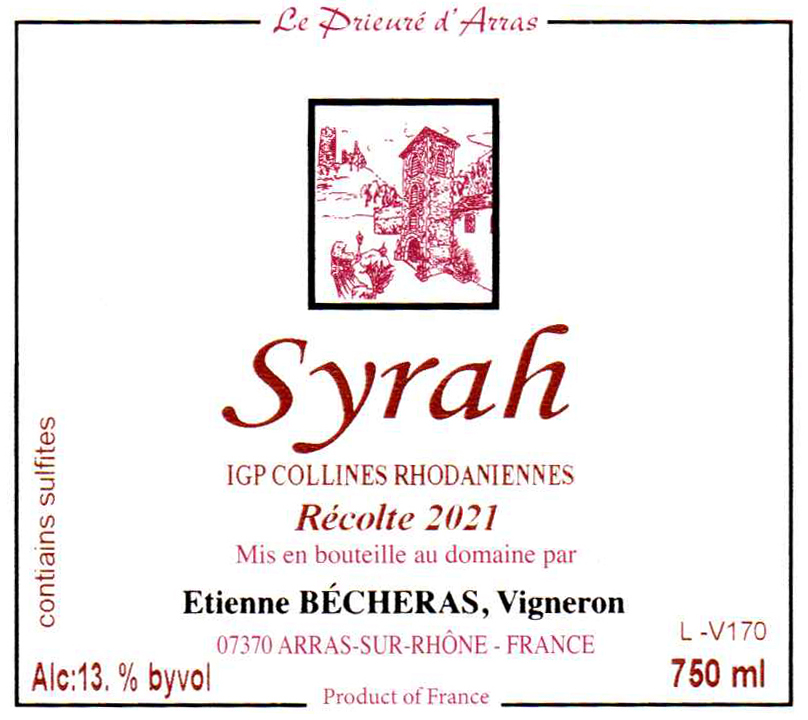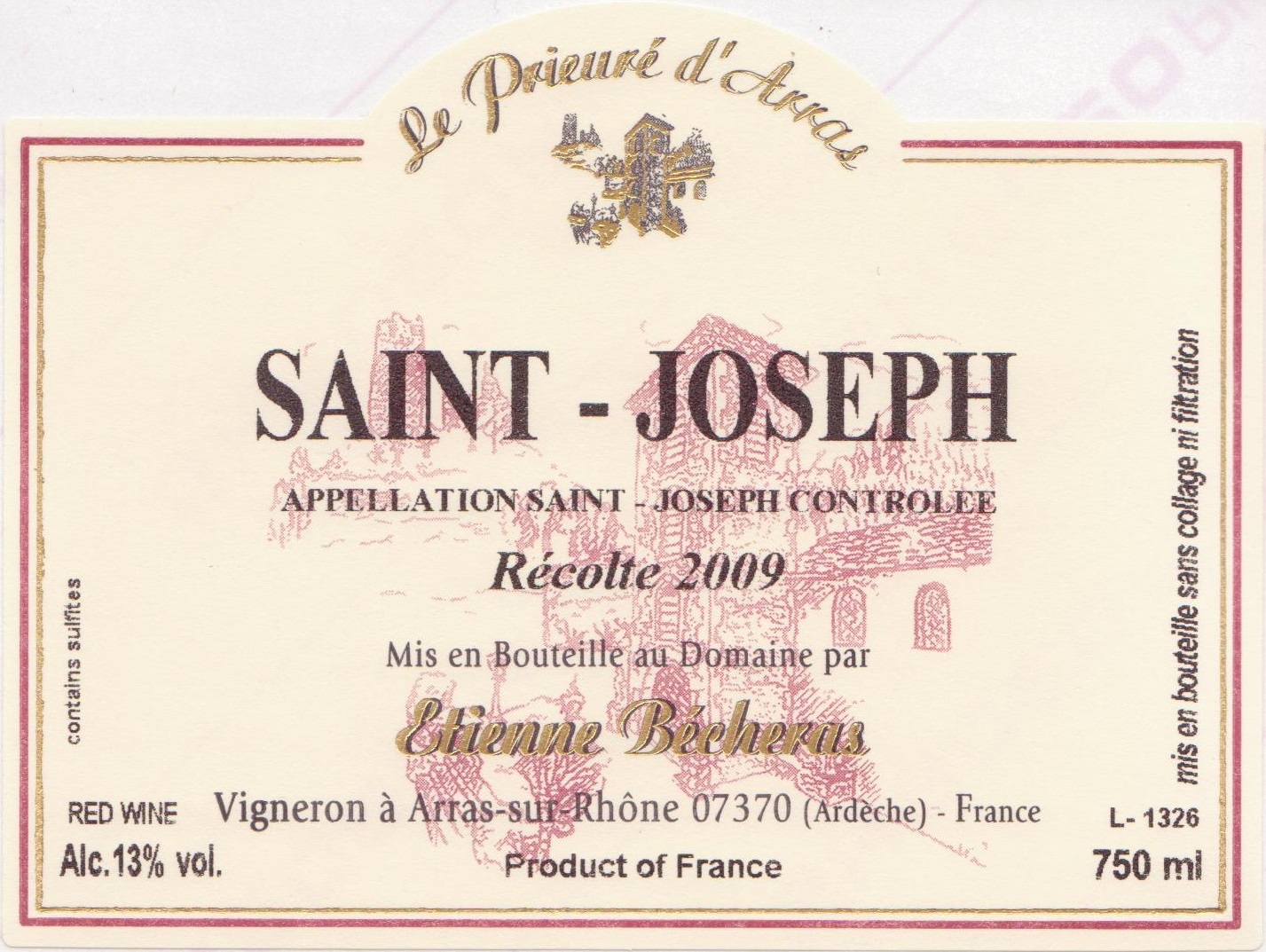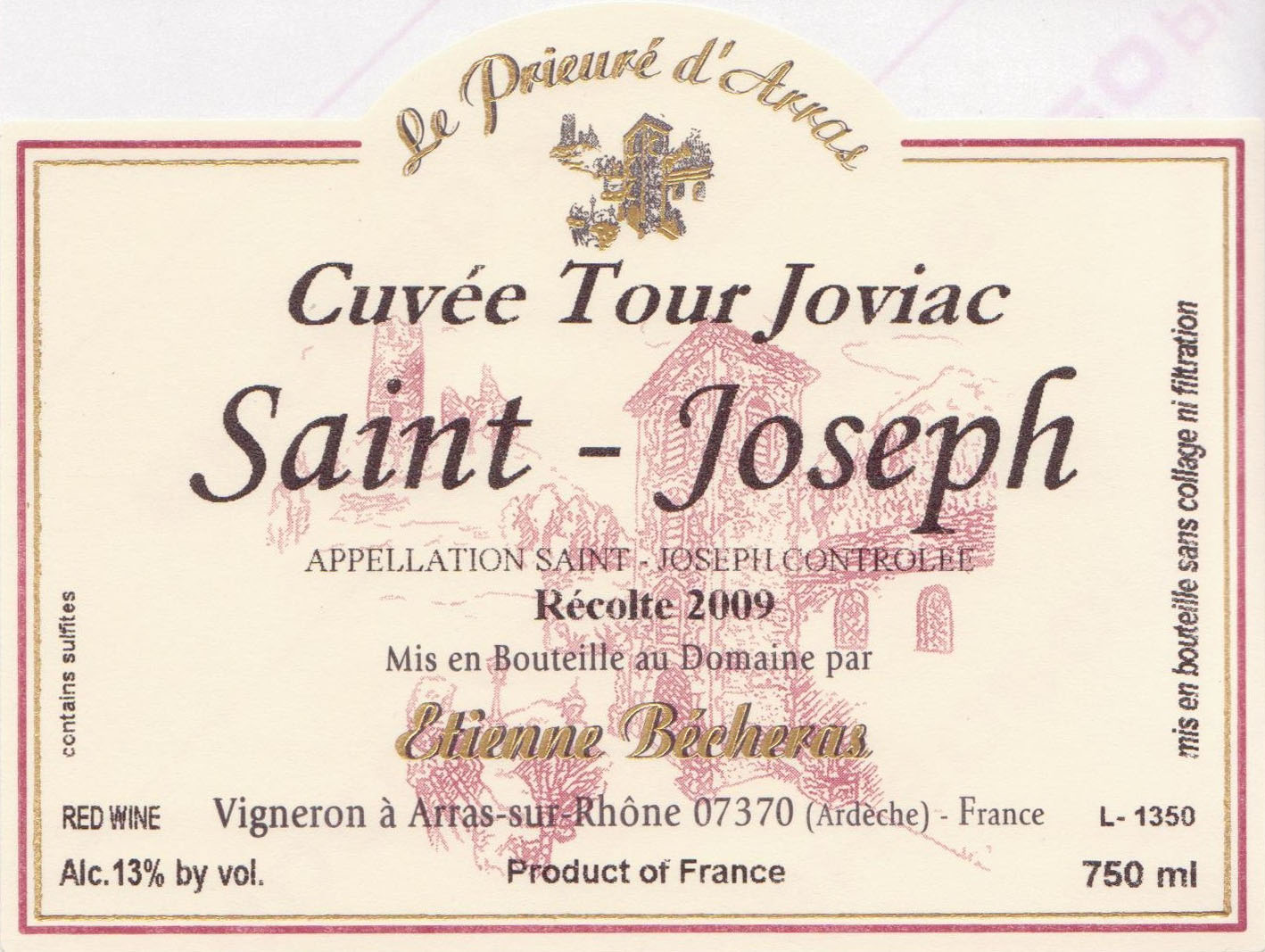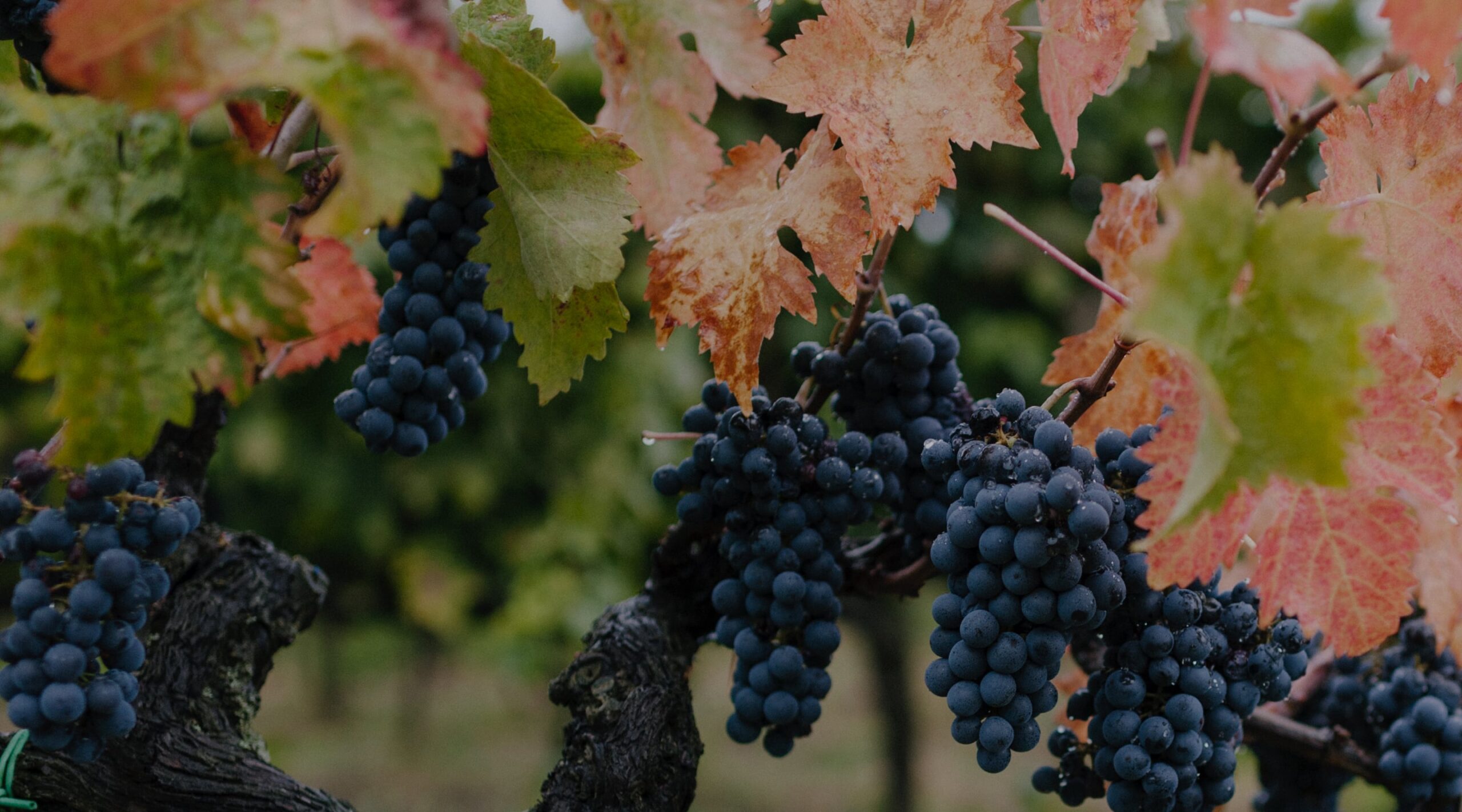
Etienne Bécheras
Wines
Arras-sur-Rhône, Saint-Joseph
Saint-Joseph Blanc
Grapes are harvested by hand and the wine is barrel-fermented and barrel-aged in barriques, only 15% to 20% of which are new (essentially a rotation of one new barrel every six years). The vineyard is planted 50% to Marsanne and 50% to Roussanne with a south-south east exposition. The average age of the vines is about 20 years. Fermentation encompasses 30 to 60 days with an élevage of one year on the fine lies. The wine is bottled without filtration. It is a very generous wine blessed with aromas and flavors of honey, acacia and apricot.
Crozes-Hermitage Rouge
This is, as Hemingway said about the best of writing, a “true” wine. There can be no wine more expressive of this appellation and of the Syrah of the northern Rhone than this splendid bottle of joy. A wine of sublime concentration that gives definition to the term “goût de sèvre”, this is satisfying, pure and flat-out delicious. It bristles with fresh acidity at the outset, then with aeration settles in to display classic northern Rhone meaty fruit. Becheras is a truly worthy successor to the great Michel Ferraton—a domaine we represented in its prime—his cave only missing the scrawled poetry that graced the walls of Ferraton’s cellar!
Syrah, Collines Rhodaniennes Rouge
With the 2021 vintage, Etienne began producing an IGP-designated Syrah in order to offer a regionally typical wine at a super-friendly price. The wine—fully de-stemmed, and fermented and aged entirely in steel for one year—came entirely from a young (three-year-old) parcel in Saint-Joseph in the 2021 vintage, and will incorporate new plantings in Crozes-Hermitage going forward. With its modest alcohol, plump and spicy fruit, and perky acidity, this Syrah embodies the variety’s easygoing and drinkable side while remaining very expressive of its Northern Rhone origins.
Saint-Joseph Rouge
The vineyards of Syrah sit on soil composed of schist and granite with a very thin topsoil that provides excellent drainage. After manual harvest, the grapes are left to cold-macerate for three or so days; then, once de-stemmed and crushed, the fermentation proceeds for approximately three to four weeks. Only indigenous yeasts are used. There follows an élevage of eighteen to twenty-four months in barrels of varying sizes (225, 400 and 600 liters) before the wine is bottled without fining or filtration. Normal production is on the order of 8,000 bottles per year. The vines are between 10 and 65 years of age.
Saint-Joseph Rouge, “Tour Joviac”
This special, limited cuvée (approximately 3,000 bottles per annum) is produced from two parcels in Arras that are on steep, rocky hillsides. Although from young vines, the excellent position of the vineyards yields a wine of compelling concentration, plum-like fruit and emphatic structure. Vinification is similar to the St. Joseph “Tradition” but the élevage is longer. Again, the wine is neither fined nor filtered.
